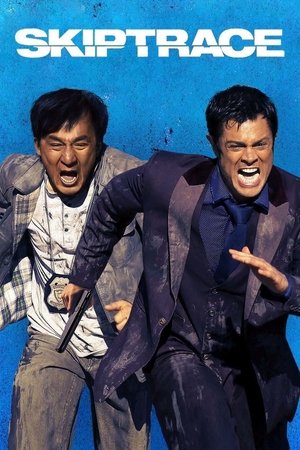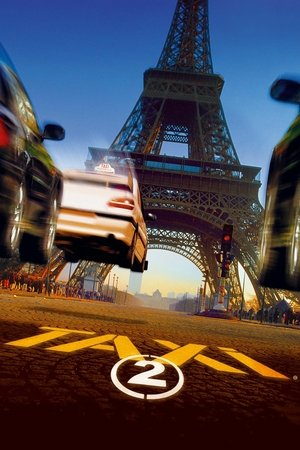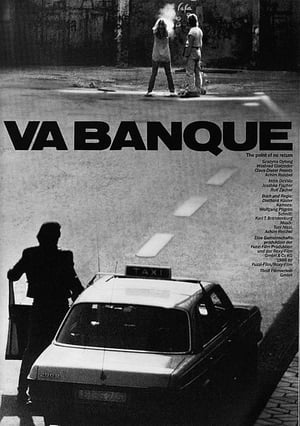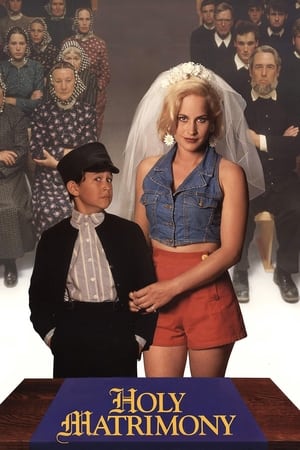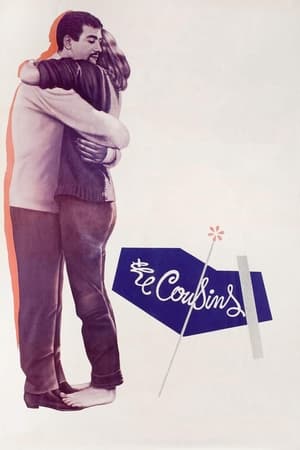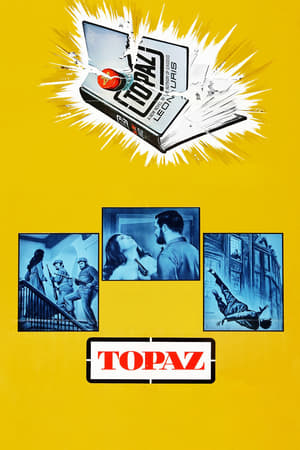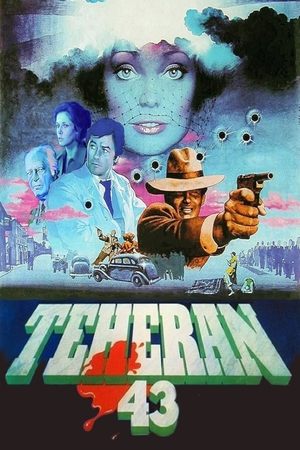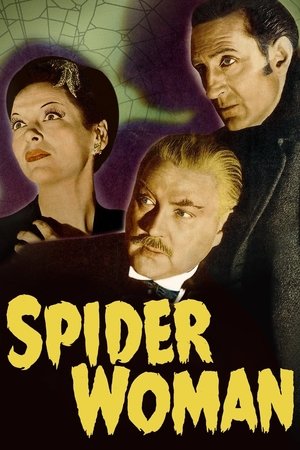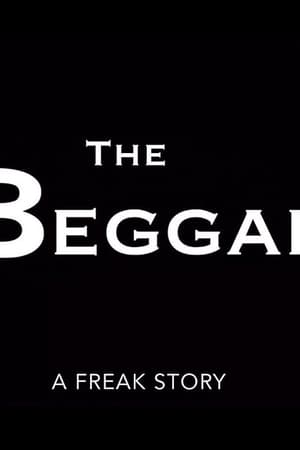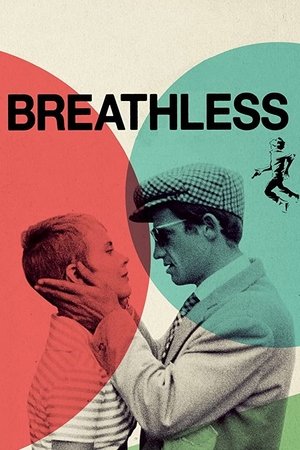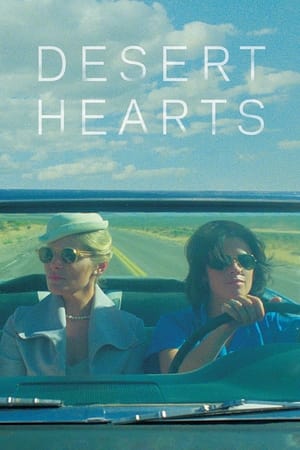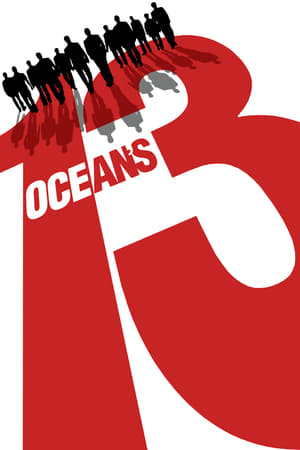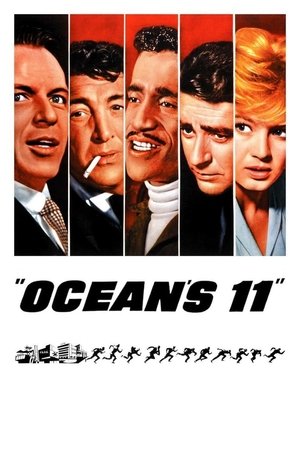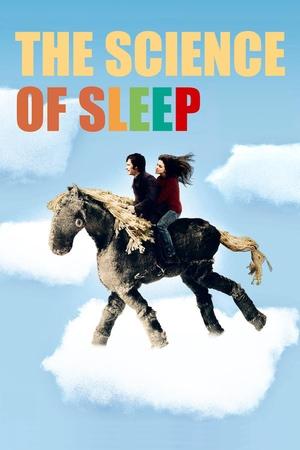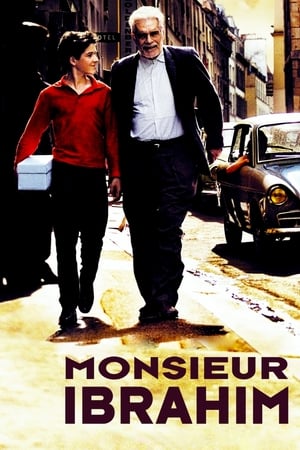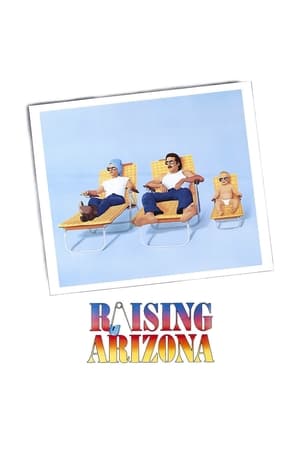Overview
In Paris, Bob Montagne is practically synonymous with gambling -- and winning. He is kind, classy and well-liked by virtually everyone in town, including police inspector Ledru. However, when Bob's luck turns sour, he begins to lose friends and makes the most desperate gamble of his life: to rob the Deauville casino during Grand Prix weekend, when the vaults are full. Unfortunately, Bob soon learns that the game is rigged and the cops are on to him.
Reviews
A quintessential film noir from the Godfather of the French Nouvelle Vague, which, through the life of a high-class gambler, uniquely transports us to the nightlife of Montmartre in the 50s.
Jean-Pierre Melville paves the way for the arrival of the French New Wave at the end of the same decade with the use of jump cuts, natural lighting, and handheld camera work. What he masterfully achieves, however, is to convey the entire atmosphere of post-war Montmartre to the big screen, which at that time was a hub for gamblers, prostitutes, petty criminals, and jazz musicians, in stark contrast to its current touristy image.
The camera follows Bob through narrow alleys filled with cabarets, bistros, cheap hotels, and old residences, with the only landmark of virtue and tranquility being the Basilica of Sacré-Cœur, which looms majestically in the background of the scenes that take us to the gambler Bob's apartment. A pathological gambler with moral values who does not hesitate to set aside his personal gain, even in love, when he recognizes something pure within the sinful nightlife of Montmartre. A cynical anti-hero who, even when he veers back towards criminality, does so not merely for the easy wealth he hopes for, but primarily for the thrill of this enormous bet, the largest he has ever placed in his life. A bet with tragic consequences, mainly for others.
Bob, like Melville, has experienced it all. He is no longer afraid of prison or death. He is content to spend his days languidly, allowing his passion to destroy him. Parallel lives with the film's director, who had one passion throughout his life: to make films. And he did, from the age of 6. The only thing that interrupted him was World War II, during which he joined the French Resistance and fought the Nazis until the end. As soon as the war was over, he returned to his passion, which he pursued relentlessly until death stopped him. He directed 13 films and died at the young age of 55, while writing the script for his 14th film, leaving behind a unique cinematic legacy.
Originally posted on The Film Project:
https://thefilmproject.org/movie/Bob%20le%20Flambeur%20(1956)#review-bdd5a646-6340-448a-a2f6-16fe0d453fae

 103 min
103 min
 7.265
7.265
 1956
1956
 France
France
 gvasil wrote:
gvasil wrote: